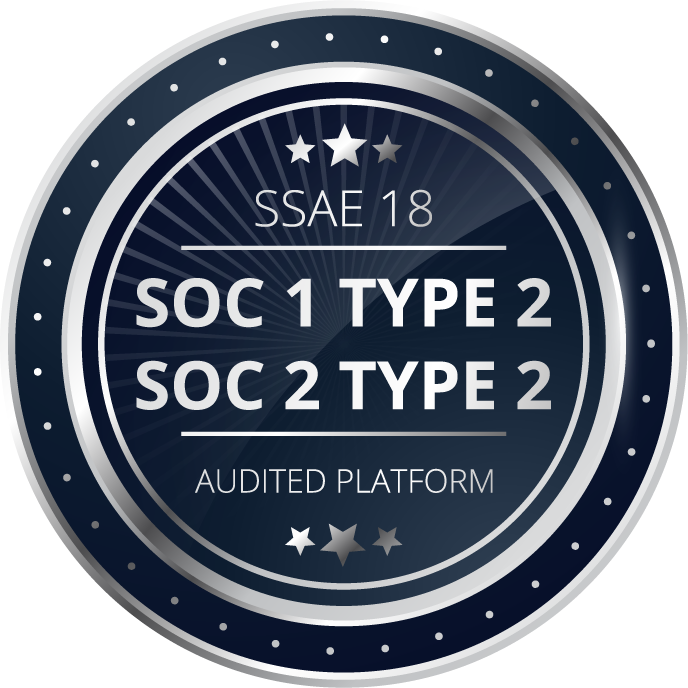Maximizing Recoveries Through Automation Balanced With a Human Touch
Why Choose Vengroff Williams Medical Subrogation?
MEDICAL SUBROGATION
YOUR
STORY
One of the greatest challenges facing self funded health plans is the constant pressure of medical inflation, which traditionally runs 4-5% annually. These costs are ultimately passed along to plan members in the form of increased premiums. Plans that have implemented the best cost containment programs, in particular those focusing on subrogation, are better able to keep their premiums low resulting in improved employee retention and a competitive advantage in the marketplace.
OUR
STORY
For more than three decades Vengroff Williams Medical Subrogation has been a medical subrogation leader, recovering over a billion dollars for our clients. As recognized experts, we put the “E” in SME. We have developed an unparalleled knack for recovering money utilizing a combination of our AI enabled Webcollect technology with knowhow and infrastructure that far exceeds other organizations.
OUR
CLIENTS
With multiple Fortune 500 companies utilizing our medical subrogation services, we have both depth and breadth to improve recoveries for any self-funded ERISA plan covering more than 5,000 lives. What sets Vengroff Williams apart is our expertise in identifying potential claims and pursuing liable third parties. While other companies may use antiquated or inefficient processes to identify medical subrogation liability, we use the Vengroff Williams proprietary methodology that combines the human touch with advanced technology. We are so confident in our ability to identify and recover money for our clients that we offer a closed file audit at $0 ZERO cost.
RESULTS
Let’s face it, medical subrogation identification remains to be one of the greatest challenges in the healthcare industry. Whether you are administering claims internally, or utilizing a third party administrator, there are recovery opportunities being missed. The only question is how much is being left on the table?
Since 1989 we have helped self funded industry leading companies to improve their overall results through a combination of consulting, cost-containment and recovery expertise. You may be asking, how can one company find what others routinely miss? Our formula is simply to leverage a combination of amazing people, outstanding processes and state of the art technology which has fundamentally transformed the art of subrogation.
Don’t take our word for it…
See what our clients have to say. Better yet, let us come in and show you, for NO COST,
how much money can be recovered with the Vengroff Williams Medical Subrogation process.

Liability Mitigation
Ensure your managing accountability with your health plan.
Health Plan Rights
Learn about the protections your company should be using!
Preventing Losses
Health plans are constantly giving away money. Stop letting them!
Staying Accountable
Ensure your managing accountability with your health plan.